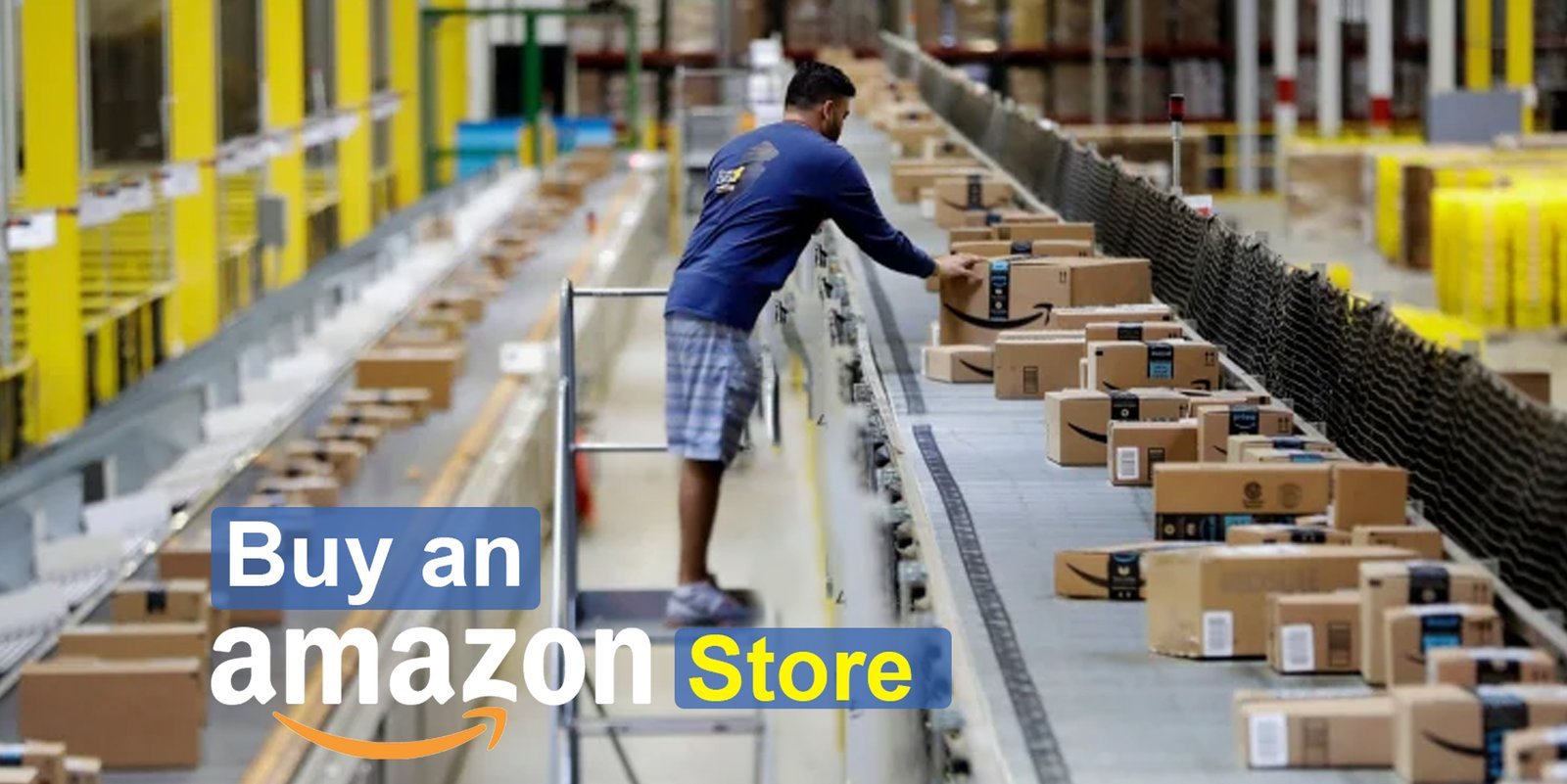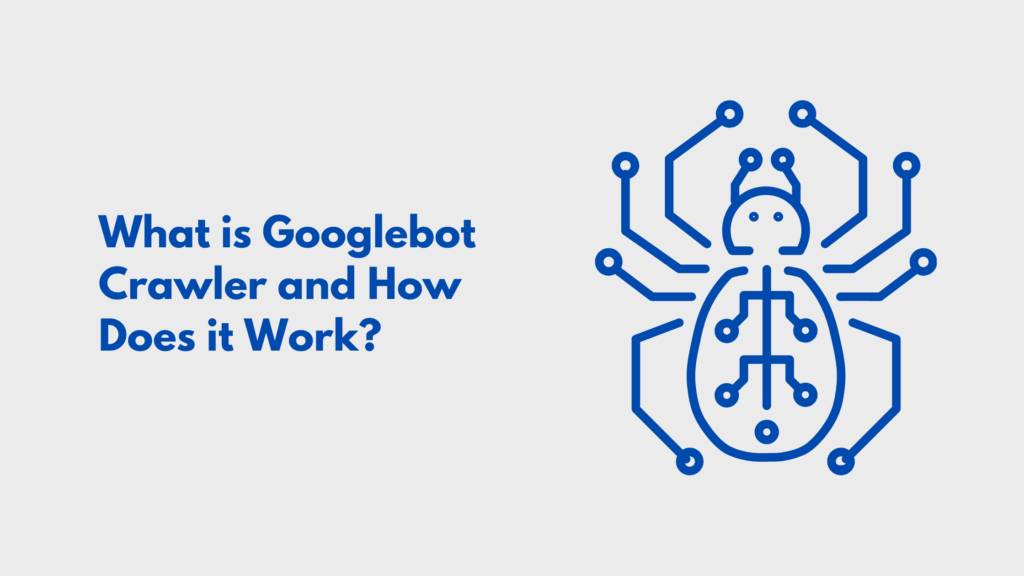If you’re seeking a fast method to begin generating income online, consider purchasing an Amazon store. Owning an Amazon store is akin to having a retail outlet on the largest online marketplace globally. If the process seems daunting, rest assured that you are not alone. If you want to buy an amazon store, Digitevity is here to assist you in this journey.
Table of Contents
What is an Automated Amazon Store?
An automated Amazon store functions as an online enterprise that requires little human involvement. It employs software and technology to manage multiple facets of store operations, including product sourcing, listing, inventory control, order processing, and customer support. Many of these stores take advantage of Fulfillment by Amazon (FBA) to enhance logistics and shipping efficiency. By automating routine tasks, owners can concentrate on strategic expansion, product innovation, and marketing initiatives.
Although the term “automated” suggests a fully hands-off operation, it is important to note that most automated Amazon stores still necessitate a degree of supervision and management. Nevertheless, employing automation tools greatly minimizes the time and effort required to operate the business in comparison to a conventional online store.
Why Purchasing an Amazon Store?
You might have asked yourself why you should buy an Amazon store? Buying an Amazon store has many benefits:
Purchasing an Amazon store can serve as a strategic move for entrepreneurs aiming to venture into the realm of e-commerce or grow their digital business. This established framework provides numerous benefits.
Quick Start and Proven Income
- Immediate Revenue: Acquiring an established Amazon store offers immediate revenue, unlike starting a store from the ground up.
- Established Customer Base: By receiving a pre-existing customer base, you can avoid the need to establish brand awareness from scratch, thus streamlining your efforts and resources.
- Sales History: Valuable insights into product performance and market trends can be gained from the store’s sales history.
Reduced Operational Burden
- Automation: A significant number of Amazon stores utilize automation, which lessens the necessity for continuous management.
- Fulfillment by Amazon (FBA): With FBA, Amazon is responsible for handling shipping logistics, maintaining inventory levels, and addressing customer inquiries.
- Time Efficiency: You have the opportunity to concentrate on expanding the business instead of handling day-to-day operations.
High Profit Potential
- Established Market: With a massive customer base, Amazon is recognized as the largest online marketplace in the world.
- Scalability: Amazon sellers who have achieved success can grow their businesses by adding new products or categories to their stores.
- High Profit Margins: There are plenty of Amazon products that offer enticing profit margins.
Lower Risk Compared to Starting from Scratch
- Reduced Startup Costs: Purchasing an existing store eliminates initial expenses like product development and marketing.
- Proven Business Model: You benefit from a tested and successful business model.
- Mitigated Risks: The store’s performance history helps assess potential challenges.
Flexibility and Control
- Remote Management: Amazon stores can often be managed remotely, providing location independence.
- Business Ownership: You have full control over the store’s direction and growth.
- Diversification: Owning an Amazon store can be part of a diversified investment portfolio.
Where to Buy an Amazon Store?
If you’re looking to purchase an existing Amazon store, several online marketplaces specialize in selling such businesses.
These platforms offer a range of stores with varying sizes, products, and revenue potential.
Here are some popular options:
- Flippa: Known as one of the largest marketplaces for online businesses, Flippa hosts a wide selection of Amazon stores. You can find various options based on your budget and desired niche.
- Empire Flippers: This platform focuses specifically on Amazon FBA businesses, providing a curated selection of pre-vetted stores.
- Boopos: Offers a streamlined buying process and a range of Amazon stores to choose from.
- Acquire.com: Known for its rigorous vetting process, Acquire.com provides detailed financial information and ensures accurate data for each listed Amazon business.
It’s essential to conduct thorough research and due diligence when buying an Amazon store. Consider factors like the store’s sales history, profit margins, product categories, and the seller’s reputation before making a purchase.
How to Buy an Automated Amazon Store
If you want to Buy an Amazon store, it can be a lucrative venture, but it requires careful planning and execution. Here’s a step-by-step guide:
Step 1: Define Your Budget and Goals
- Determine your budget: How much are you willing to invest in an Amazon store?
- Set clear goals: What are you hoping to achieve with the store? This will help you narrow down your search.
Step 2: Research and Choose a Marketplace
- Identify reputable marketplaces: Platforms like Flippa, Empire Flippers, and Boopos are popular options in order to buy an Amazon store.
- Compare listings: Look for stores that align with your budget, product niche, and revenue goals.
- Read reviews and testimonials: Check the seller’s reputation and customer feedback.
Step 3: Conduct Thorough Due Diligence
- Analyze store performance: Review sales history, profit margins, and customer reviews.
- Evaluate product viability: Assess product demand, competition, and pricing.
- Understand the business model: Ensure you comprehend the store’s operations and automation systems.
- Verify ownership and legality: Confirm that the seller has clear ownership and all necessary legal documents.
Step 4: Negotiate the Deal
- Contact the seller: Initiate communication to express interest in the store.
- Negotiate the price: Discuss the purchase price and any additional terms or conditions.
- Ask for detailed information: Request comprehensive financial data, inventory lists, and performance metrics.
Step 5: Secure Financing (if needed)
- Explore financing options: Consider loans, business lines of credit, or investor partnerships.
- Prepare a business plan: If seeking external financing, create a detailed business plan.
Step 6: Complete the Purchase
- Sign the purchase agreement: Finalize the terms and conditions of the sale.
- Transfer ownership: Complete the necessary paperwork to transfer ownership of the store.
- Gain access to seller accounts: Obtain login credentials for Amazon Seller Central and other relevant platforms.
Step 7: Post-Purchase Actions
- Review the store: Conduct a thorough assessment of the store’s operations and identify areas for improvement.
- Protect intellectual property: Ensure all intellectual property rights are transferred to you.
- Build relationships with suppliers: Establish strong relationships with existing suppliers.
- Monitor performance: Continuously track the store’s performance and make necessary adjustments.
How Profitable Is an Amazon Storefront?
- Product selection: High-demand, low-competition products generally yield higher profit margins.
- Pricing strategy: Competitive pricing and effective promotions can impact sales volume and profitability.
- Operational efficiency: Minimizing costs through efficient inventory management, shipping, and marketing is crucial.
- Business model: Fulfillment by Amazon (FBA) or self-fulfillment can significantly affect profit margins.
- Competition: Intense competition can lower profit margins due to price wars.
- Market trends: Keeping abreast of market trends is essential for identifying lucrative products.
Potential Profitability
Numerous Amazon sellers have indicated strong profit margins. As per Jungle Scout, a well-known e-commerce tool:
- Over 57% of sellers see profit margins higher than 10%.
- 28% of sellers enjoy profit margins above 20%.
It is important to keep in mind that these figures are averages. Certain sellers may realize significantly higher profits, while others may find it challenging to reach a break-even point.
Creating a successful Amazon store necessitates meticulous preparation, thorough research, and ongoing refinement.
Digitevity: Your Partner in Amazon Store Success
Digitevity is not just a digital marketing agency. We’re your partner in building an online empire. We can help you:
- Find the perfect Amazon store.
- Analyze the store’s potential.
- Negotiate the best deal.
- Transfer ownership smoothly.
- Optimize the store for more sales.
We have the experience and tools to make your Amazon store a huge success. So buy an Amazon store today with Digitevity
Conclusion
Investing in an Amazon store can be a shrewd financial decision. By selecting the right store and receiving some guidance, you can promptly start making money online. It’s important to remember that you don’t have to navigate this journey alone. Digitevity is ready to support you in purchasing an Amazon store and reaching your online aspirations.
Contact us today to learn more about our Amazon store buying services.
FAQ:
What is an automated Amazon store?
An automated Amazon store is an online business that operates with minimal human intervention. It utilizes software and technology to handle various aspects of the business, such as inventory management, order fulfillment, and customer service.
Why should I buy an Amazon store instead of starting from scratch?
Buying an Amazon store offers several advantages, including immediate revenue, an established customer base, reduced operational burden, and lower risk compared to starting from scratch.
How much does it cost to buy an Amazon store?
The cost of an Amazon store can vary widely depending on factors like sales volume, product category, and level of automation. Prices can range from a few thousand dollars to millions.
Where can I find Amazon stores for sale?
You can find Amazon stores for sale on various online marketplaces like Flippa, Empire Flippers, and Boopos.
What factors should I consider when choosing an Amazon store to buy?
Key factors include product profitability, sales history, customer reviews, competition, and the seller’s reputation.
How profitable is an Amazon store?
The profitability of an Amazon store depends on various factors, including product selection, pricing strategy, operational efficiency, and competition. While many sellers report healthy profit margins, it’s essential to conduct thorough research and analysis.
Can I run an Amazon store remotely?
Yes, many Amazon stores can be managed remotely, especially if they utilize Fulfillment by Amazon (FBA)
Do I need experience to run an Amazon store?
While experience is helpful, many people with limited e-commerce knowledge have successfully run Amazon stores.
Can I scale an Amazon store?
Yes, successful Amazon stores can often be scaled by adding new products, expanding to new markets, or increasing marketing efforts.





